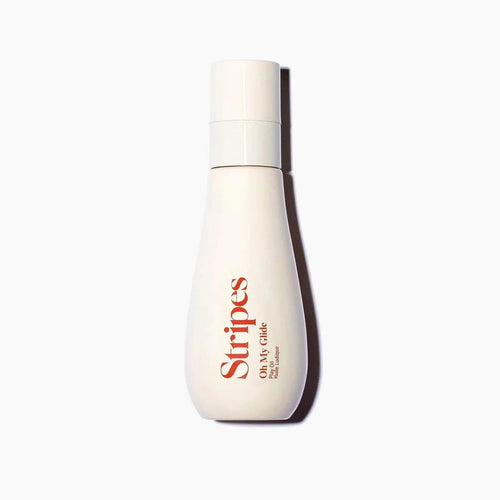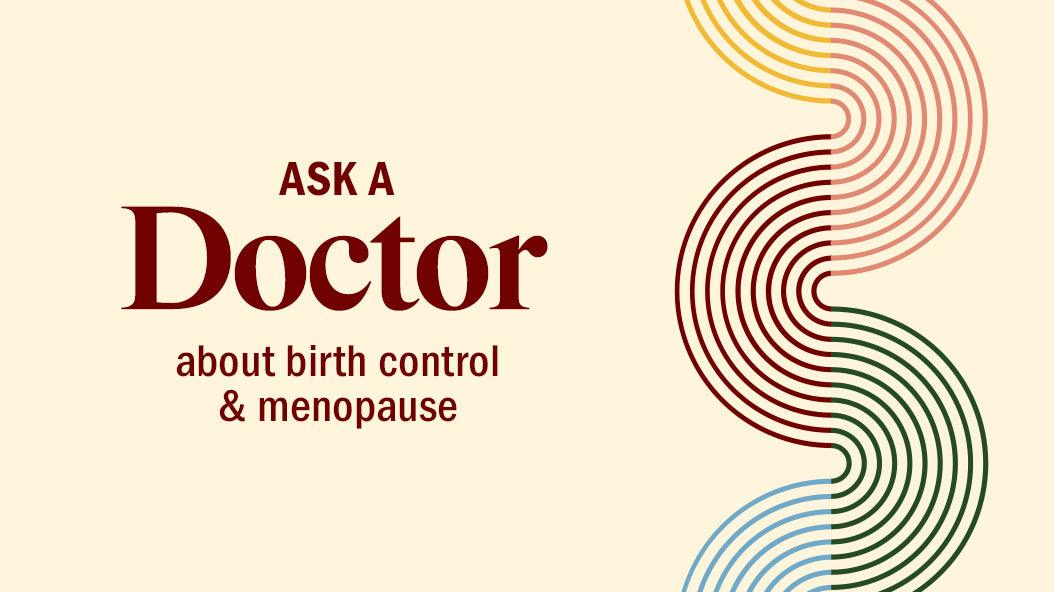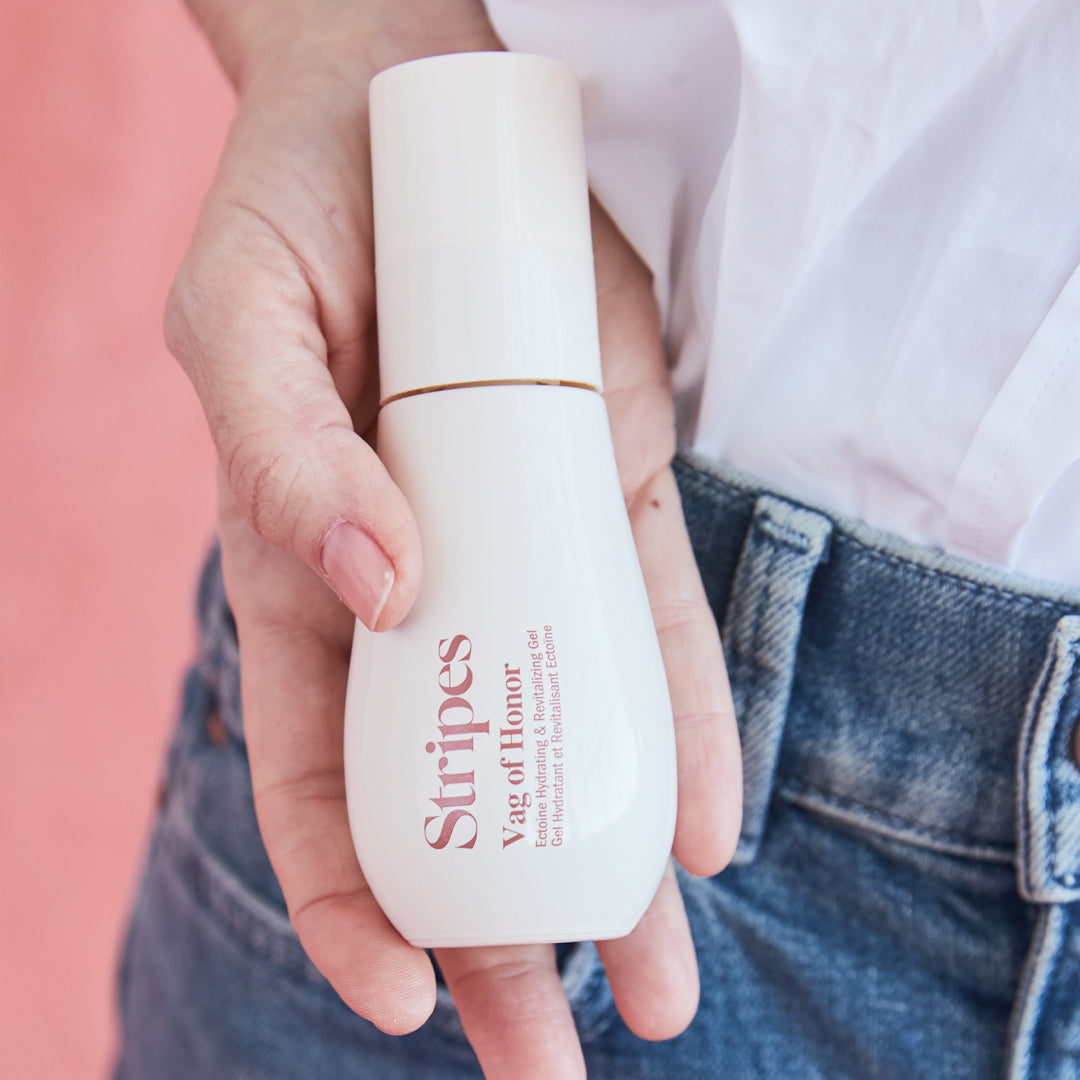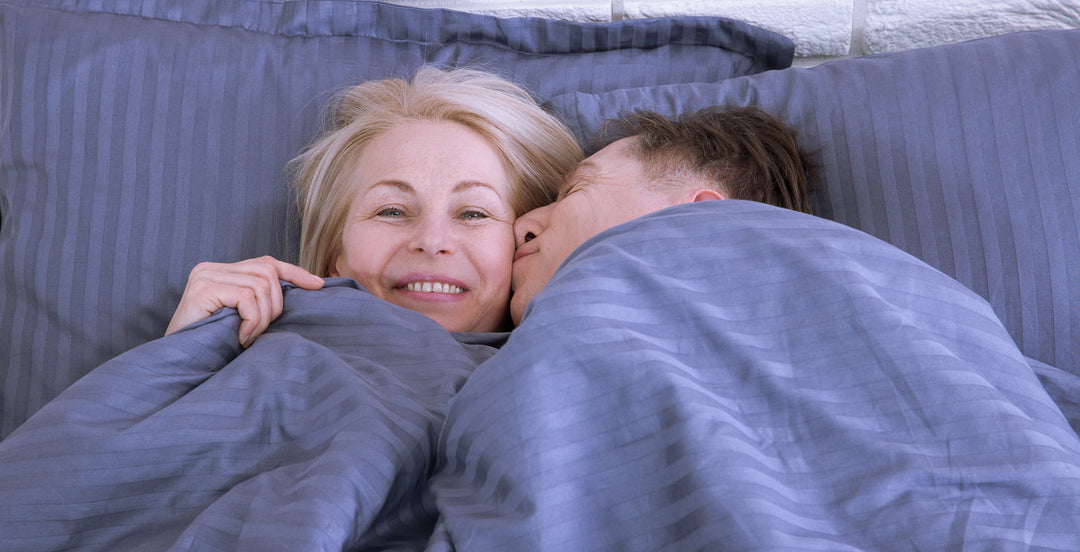Ask A Doctor: How Does Birth Control Affect Your Perimenopause?
In each installment of Ask a Doctor, your burning questions about hormones, menopause symptoms, sleep, sex, and more are answered by doctors who specialize in treating women in midlife.
This week: Lizellen LaFollette, board-certified OB-GYN, guides us through how some birth control methods can impact perimenopause and menopause symptoms.
Dear Ask a Doctor,
I’ve used the pill as my primary form of birth control since college. But I’ve begun to wonder recently if I could be going through perimenopause and not know it, because the pill is covering up my symptoms.
Does the birth control method you use affect your symptoms as you begin to go through menopause? Are there any positives or drawbacks to using hormonal birth control during perimenopause?
Dr. LaFollette says:
Hormonal birth control absolutely affects perimenopause and menopause symptoms, and different forms of birth control affect symptoms differently.
Hormonal IUD
Hormonal IUDs contain progesterone only, and they really control the amount of uterine lining that is created in each monthly cycle. After you have a hormonal IUD inserted, your cycle continues, but the progesterone in the IUD curtails the development of the thick lining that needs to be shed. Over time, it makes it so the lining is so thin that you may not have a period at all.
Because of this, people with hormonal IUDs may not experience the longer, heavier or irregular periods that are a common symptom of perimenopause. They also may experience less sleep disruption, due to the IUD’s progesterone.
Some new thinking around hormonal IUDs suggests that they’re not only good for birth control, they’re also helpful for menopause symptoms. If you already have an IUD inserted and you begin to experience symptoms like night sweats or hot flashes, your doctor can prescribe estrogen, and that, along with the IUD’s progesterone, will keep you balanced.
The Pill
Unlike the IUD, where your menstrual cycle continues and you simply have a lighter uterine lining, the cyclic pill dampens the menstrual cycle. Most people don’t ovulate when they’re taking the pill.
If you’re on the pill, you might only notice symptoms during the week you’re taking the non-active pills. And since many people skip over that week, they might not notice any symptoms at all.
The pill contains different hormones than the hormonal IUD, and this impacts how much it can decrease perimenopause and menopause symptoms. During menopause you lose estradiol, and the birth control pill is ethinyl estradiol, which is a little bit of a different molecule compared to what you’re losing.
So with the pill, you will get a dampening down of the vicissitudes of extra bleeding, increased irritability, bloating, and all that, because your cycle, with a birth control pill, is being taken over. But you can still get hot flashes and night sweats on the pill. It masks symptoms to some extent, but it doesn’t mask them the whole way, completely.
Because the birth control pill can raise blood clotting risks, the recommendation is to get off the pill in your early 50s. I try to move people onto hormones rather than a birth control pill because at that point their chances of getting pregnant are very slim.
The Takeaway
People have very different experiences of perimenopause and menopause. Some get very intense symptoms. Many will not even notice that it’s happening except that they don’t get a period, and if they’re on a hormonal birth control, they wouldn’t necessarily notice.
If you think you’re going through perimenopause or menopause because you’re experiencing irritability, mood swings, sleeplessness, or similar symptoms, you might immediately blame hormones. But it’s important to ask the question, “What other things are different in my life right now? Is it the kids? Is the stress of the job? Is it the parents? Is it the relationship?”
I always feel, with women, we’re so quick to be critical of ourselves. I think it’s always important to recognize what’s happening in your life and the ways in which it could be impacting what you’re feeling. I always suggest thinking about all of that, and then, after all that, going, “Hang on a second. Maybe this is a hormonal thing.”











